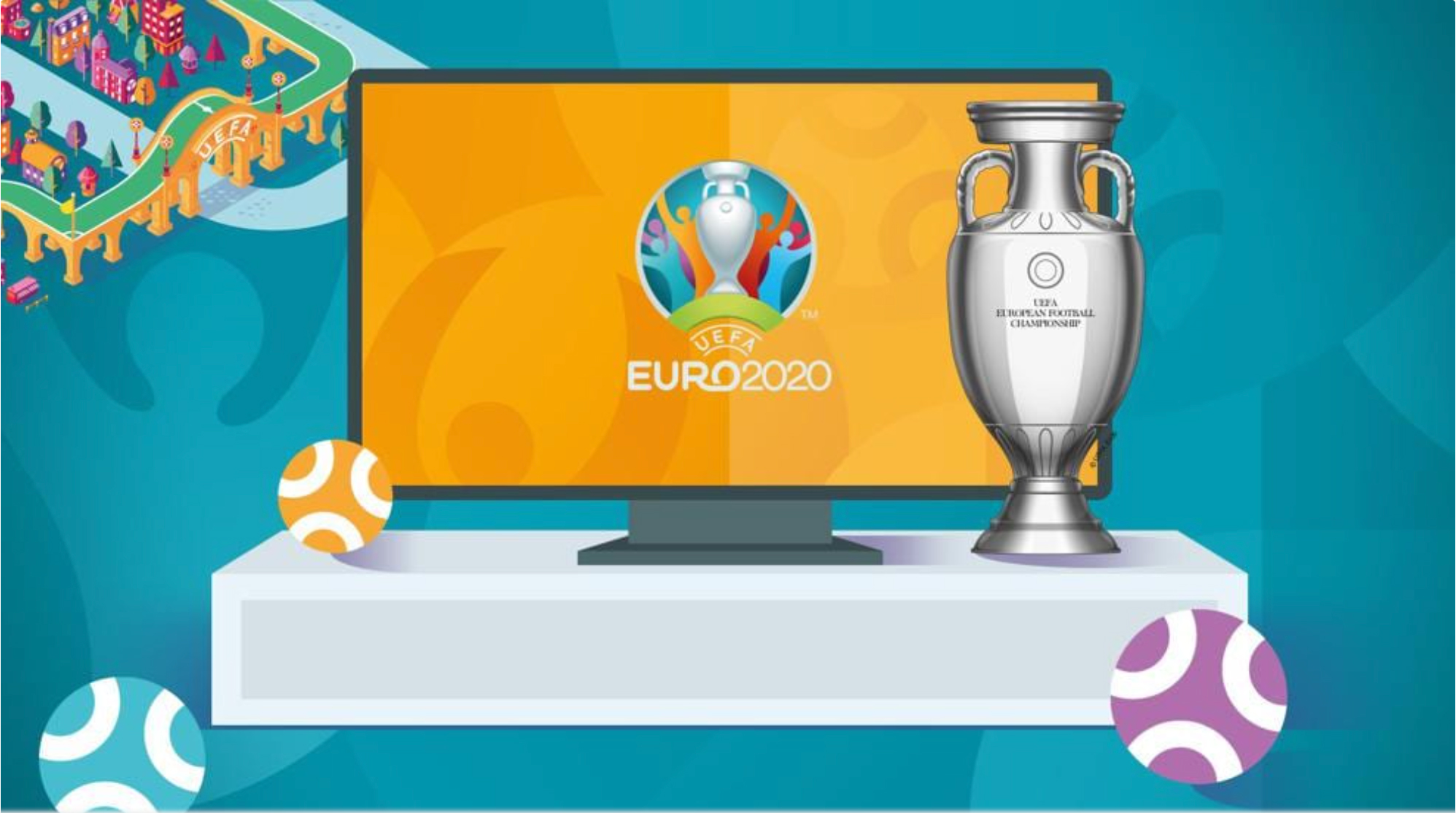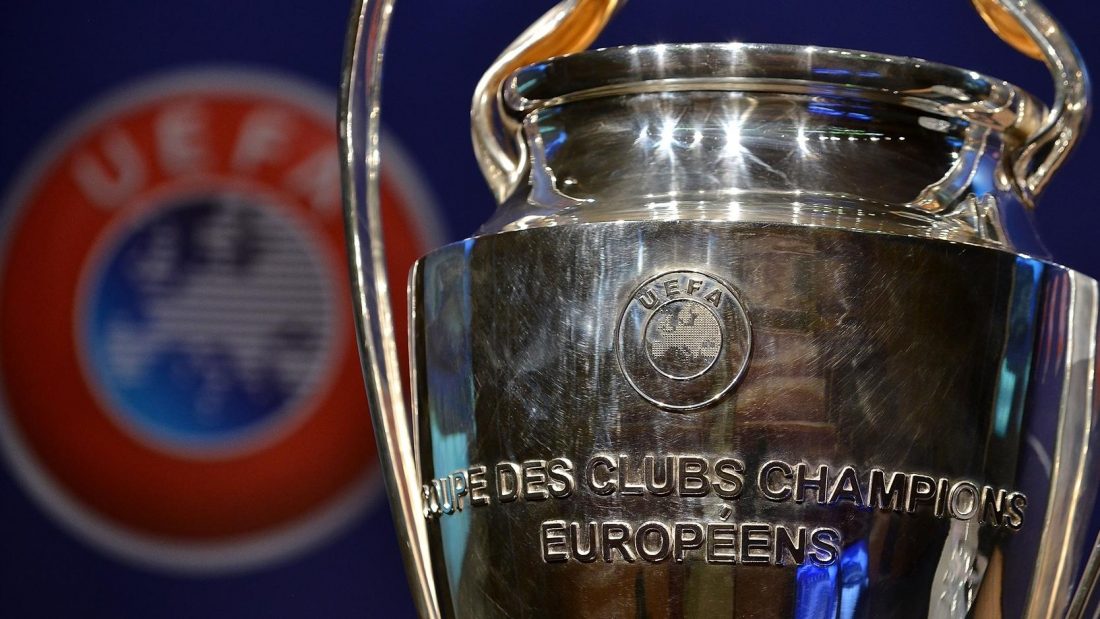After over a year of postponement, football fans are cheering at the commencement of the UEFA EURO 2020 that kicked off on 11 June.
If you consider yourself a football fan in any way, the basic rules are something that’s already ingrained in you: 24 teams sorted into six groups that will play to make it into the 16-nation knockout stage. Each win wins a team three points and should there be a tie, the win will be decided by a head-to-head before overall group comparisons begins with goal differences.
But under the surface, there are actually 70 full pages of official regulations dictating all the other nitty gritty. Here are eight that you might not be aware of.
UEFA keeps the cup
After the finals, the winning team may carry and kiss the Henri Delaunay Cup, the official UEFA EURO trophy, all they want but after the whole she-bang, the UEFA keeps it back in their vault. The victors don’t go home empty-handed – they take home a full-size replica, which however, cannot leave the association’s country without UEFA’s written approval. Winners also go home with 40 gold medals to distribute among players and staff while the runners-up receive 40 silver medals. Everyone who was in the finals also get a commemorative plaque.
Games can be paused and resumed the next day
In the event that a match cannot start or by played in full, the rule is that is will by played or completed the next day in the same venue. If a match was abandoned, it will be continued from the minute it was interrupted with the same scoreline and ball in the same spot. Teams are allowed to change players for the rescheduled or resumed game from those within their final squads, except when:
– Players are suspended, sent off or substituted during the original game
– The team that had one or more players sent off will remain down to ten or fewer players (If there are fewer than seven players on either of the teams, the match is not played or abandoned)
– Teams can only make the number of substitutions that they were entitled to when the match was abandoned
– Yellow cards from the game remain valid upon resuming
Teams must be there 75 minutes before kick-off
Both sides must be at the stadium at least 75 minutes before kick-off, which is when they also need to submit match sheets to the officials. In fact, teams are provided with a countdown to kick-off that alerts them of when they can head down on-pitch for warm-ups and when they should be ready to walk on from the tunnel. Also, the national anthem of each side is limited to be played for a maximum of 90 seconds.
Passports are necessary
Passports serve as the primary identification and eligibility of teams and players. Regulation 46.02 states that “Each player taking part in the competition must be in possession of a valid passport or identity card of the country for which he is playing, containing a photograph and giving full particulars of his date of birth (day, month, year). Otherwise, he will not be allowed to take part in the competition.”
Not just any number
Each team is allocated shirt numbers between 1 to 26 for 26 players. The number 1 must be worn by the goalkeeper while the rest are allowed to be allocated to the teams’ discretion. Regulation 56.02 states that both teams should have an extra set of unnumbered or unnamed goalkeeper shirts in the same two colours as their regular goalkeeper shirts, just in case an outfield player has to go in goal during a match.
Only 18 allowed on bench
Being called a benchwarmer may be insulting but it’s an honour to even make it to the bench. Each team is only allowed 18 people on the substitutes’ bench, totalling 12 players and six officials, including a team doctor. Five extra technical seats are also allowed for the technical support team, but need to be distanced from each other and extended onto the seats behind the actual bench. Additional seats will be made available to each team in the immediate vicinity, separated from the public.
Speaking to the press is a must
When the match is over, a player’s job is not. The head coach and one player from each team have to speak immediately to the host broadcaster or their main home TV rights-holding broadcaster on or next to the pitch in what is called a ‘super-flash interview’.
There are also ‘flash interviews’ where the coach and “at least four key players who had a decisive influence on the results” from each team must be available to all TV and radio rights-holders to speak within 15 minutes of the final whistle. This includes the official man of the match.
Head coaches are also required to attend an official press conference to start within 20 minutes of full-time.
The official name
The official title of the championship is the “2018-20 UEFA European Football Championship Final Tournament”. It is also known as the “UEFA EURO 2020”.
Learn more at the official website here.
(Source: UEFA)











